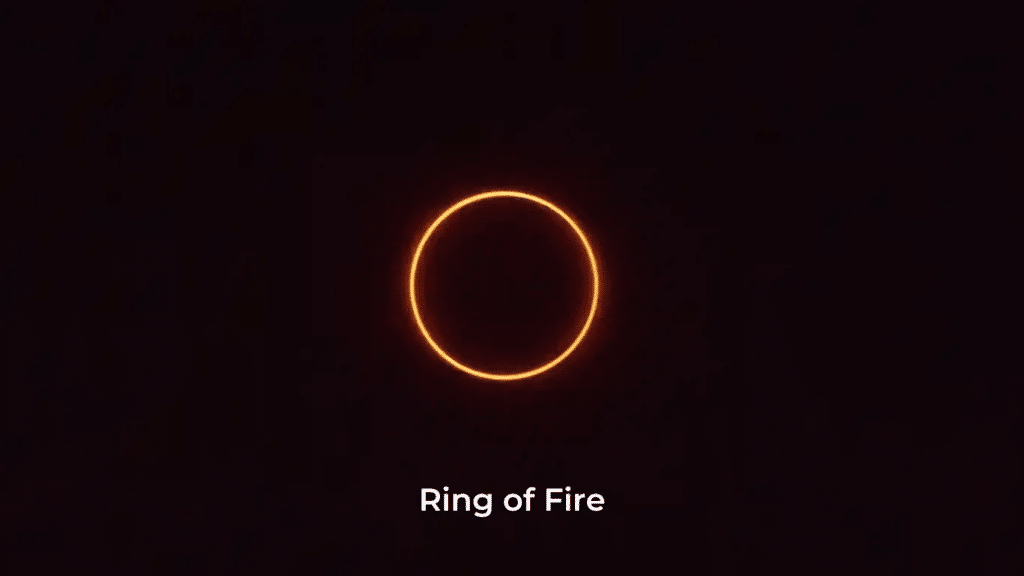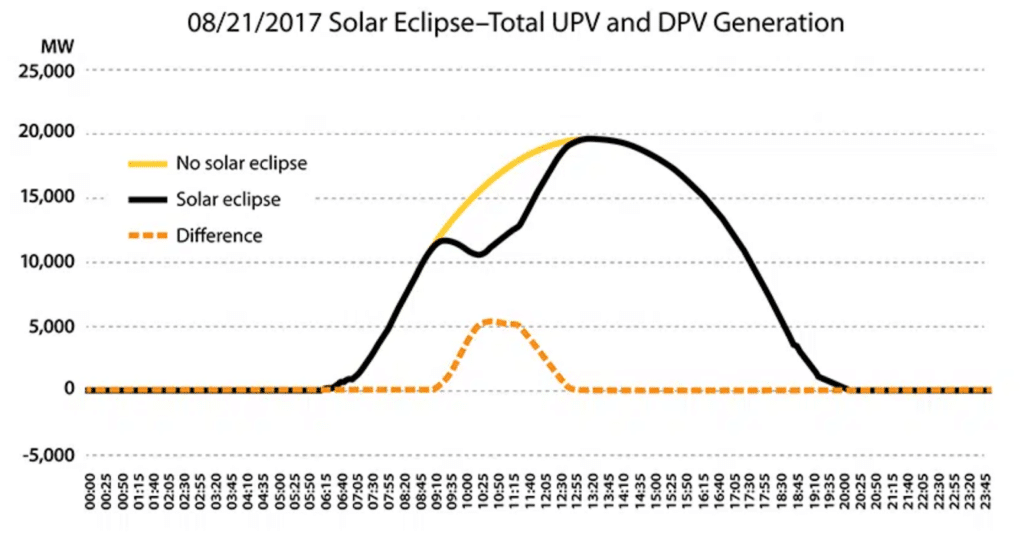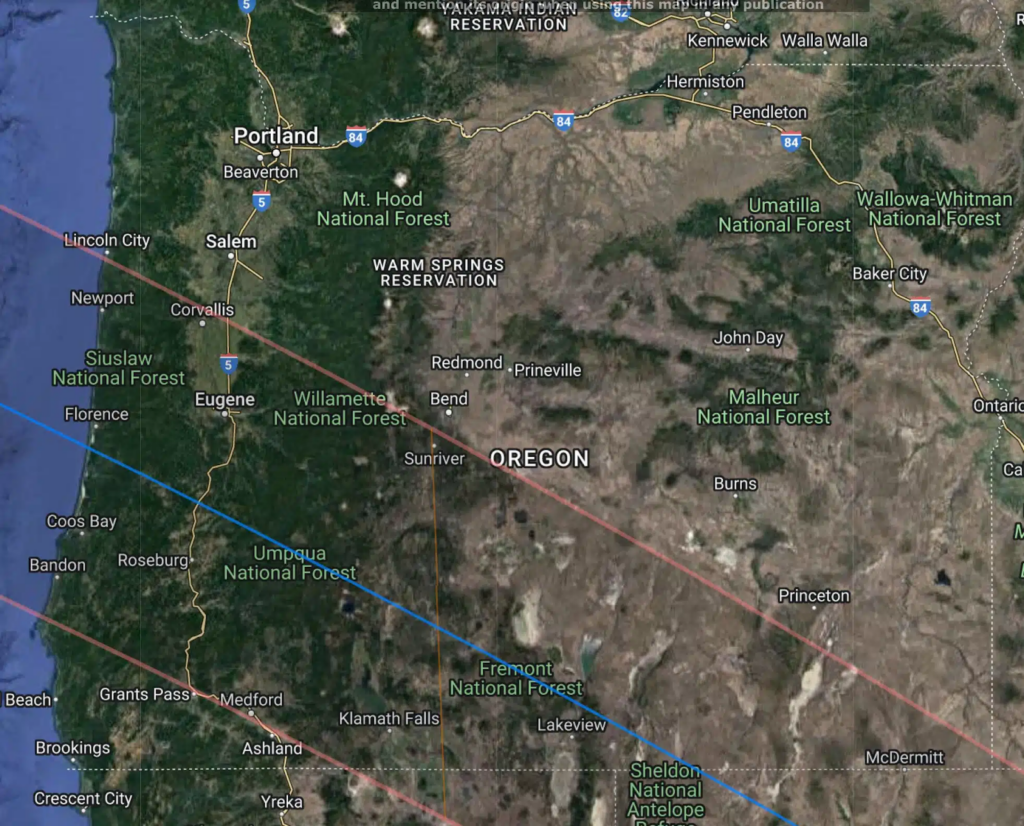One of the most awe-inspiring celestial phenomena to witness is a solar eclipse. A solar eclipse occurs when the moon passes between the sun and Earth, temporarily blocking the sun’s light. But as the world increasingly relies on solar energy, some may wonder how this natural event impacts the performance of commercial and residential solar panels. In this post, we’ll explore the effect of solar eclipses on solar panel production.
What Are Solar Eclipses?
A solar eclipse occurs when the moon passes between Earth and the sun, temporarily blocking the sun’s light. Three types exist: total, partial, and annular. The Total solar eclipses, the most beautiful of the three, fully obscure the sun, revealing the corona, while partial ones only cover a portion. In annular eclipses, the moon appears smaller, leaving a “ring of fire” visible.
Observing directly can damage the eyes, so protective measures are essential. These celestial events provide not just visual marvels, but also insights for scientists studying solar phenomena. As the moon’s shadow dances on Earth, day momentarily turns to night, reminding us of the cosmos’s wonders.

1. The Basics of Solar Panels
Solar panels work by capturing sunlight and converting it into electricity. They are made up of many solar cells, which contain semiconductors. When photons from sunlight hit these cells, they knock electrons loose from their atoms. This movement of electrons creates an electric current, which can then be used to power homes, businesses, and more.
2. What Happens During a Solar Eclipse
During a solar eclipse, the moon casts two types of shadows on Earth: the umbra and the penumbra. The umbra is the central and darkest part of the shadow, where the sun is completely obscured. If you’re in this area, you’ll experience a total solar eclipse. The penumbra is the outer shadow, where only a portion of the sun is obscured, resulting in a partial eclipse.
3. Solar Panel Performance During an Eclipse
It might seem obvious that if the sun is obscured, solar panels will produce less energy. Here’s what typically happens:
- Total Eclipse: If a solar panel is within the path of totality (where the sun is fully obscured), its production will drop significantly, similar to nighttime levels, for the brief period of totality. This usually lasts only a few minutes.
- Partial Eclipse: For areas experiencing a partial eclipse, the dip in solar production will be proportional to the percentage of the sun that’s obscured. If 40% of the sun is blocked, for instance, you can expect roughly a 40% reduction in energy production for that duration.
- Annular Eclipse: When the moon is too distant to cover the sun entirely, a bright ring, or “annulus”, remains. Solar panels still function but at a diminished rate. The exact reduction is contingent upon the sun’s visible circumference.
4. How Grids Compensate for the Shortfall
Solar eclipses are predictable events. Grid operators, especially in regions with significant solar infrastructure, prepare in advance for these events. They may ramp up production from other energy sources or store extra energy in anticipation of the decrease in solar output.
Furthermore, because solar eclipses are relatively short-lived events, they don’t pose a substantial challenge to energy grids. The quick drop and rise in solar generation might be likened to a passing cloud, albeit on a larger scale and with more predictability.
5. Impact on Solar Energy Reliability
While a solar eclipse does impact solar production temporarily, it doesn’t raise concerns about the reliability of solar energy. In fact, the predictability of eclipses gives energy providers plenty of time to prepare. Moreover, the gradual transition into and out of an eclipse allows for adjustments to be made seamlessly.
What if I have a Solar Plus Battery Backup System?
If you possess a Solar Plus Battery Backup system, an eclipse’s brief interruption won’t disrupt your power. The system’s battery will compensate for the temporary reduction in solar output. However, do ensure your battery is adequately charged prior to the eclipse. By managing your energy consumption wisely and relying on your stored energy, you can seamlessly navigate the brief decrease in solar energy during the eclipse.
6. Interesting Observations
During the 2017 solar eclipse in the United States, energy utilities and researchers had a unique opportunity to study the effect on solar farms. While there was a noticeable drop in production, the grid adjusted well, showcasing the resilience and adaptability of modern power systems.

Source: NREL (2018)
When is the Next Solar Eclipse in Oregon?
For those of you in Oregon looking to witness the 2023 annular eclipse, here are the projected viewing times for several cities across the state. Here is a screenshot of the upcoming eclipse path from the Solar Eclipse 2023 Interactive Map:

Portland Partial Eclipse:
- Eclipse begins: 10:07 AM PDT
- Maximum eclipse: 11:36 AM PDT
- Eclipse ends: 1:14 PM PDT
Salem Partial Eclipse:
- Eclipse begins: 10:06 AM PDT
- Maximum eclipse: 11:35 AM PDT
- Eclipse ends: 1:13 PM PDT
Eugene Annular Eclipse:
- Eclipse begins: 10:05 AM PDT
- Maximum eclipse: 11:34 AM PDT
- Eclipse ends: 1:12 PM PDT
Medford Annular Eclipse:
- Eclipse begins: 10:01 AM PDT
- Maximum eclipse: 11:30 AM PDT
- Eclipse ends: 1:08 PM PDT
Where to Purchase Eclipse Glasses?
Wondering where to acquire those all-important eclipse glasses? Your choice hinges on the time left before the big celestial event:
- If there’s a week or more: Buying online can be a convenient option.
- Less than a week left: Head to a brick-and-mortar store.
Take Notice: As the eclipse approaches, prices might surge. For instance, in 2017, eclipse glasses became scarce, fetching prices between $15-$20.
Online Options
- SungazeGlasses.com – An educational hub about eclipses, selling certified glasses made by the esteemed American Paper Optics.
- EclipseGlasses.com – A trusted destination for certified solar viewers, offering a blend of safety and crisp visibility for significant solar spectacles.
- RainbowSymphony.com – They specialize in an array of eclipse glasses and viewers, prioritizing safety and an enriching viewing experience for astronomy aficionados.
Local Store Options
Here are local stores that are selling eclipse glasses:
China Foods Inc.
- Price: $10 Each
- Location: 1414 SE 82nd Ave, Portland, OR 97216 (Google Maps)
Northwest Arsenal
- Price: $10 Each
- Location: 86321 College View Rd, Eugene, OR 97405 (Google Maps)
Always remember to ensure that the glasses you buy are certified for safe eclipse viewing.

Summary
Solar eclipses are a reminder of the wonders of our universe. While they do have a brief impact on solar energy production, our modern energy grids are more than capable of adapting. As we continue to develop and improve renewable energy technologies and infrastructure, events like solar eclipses offer valuable insights and learning opportunities for a sustainable future.

